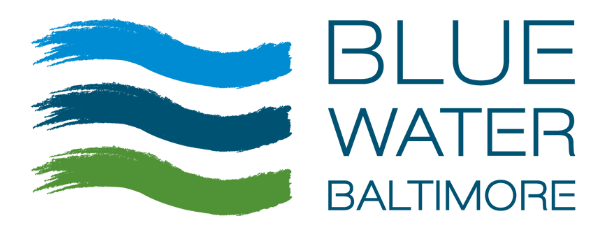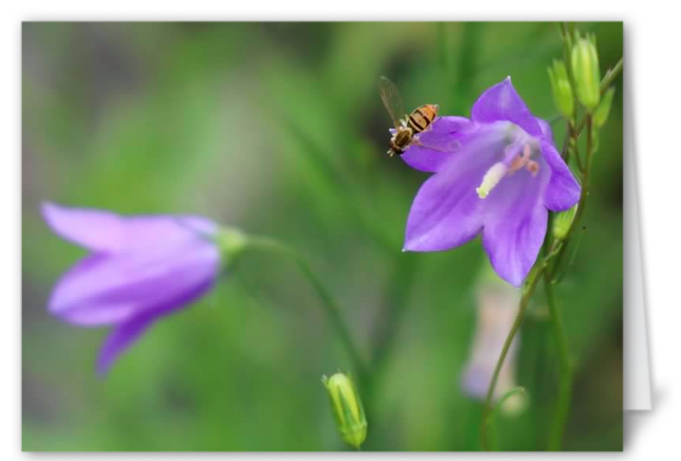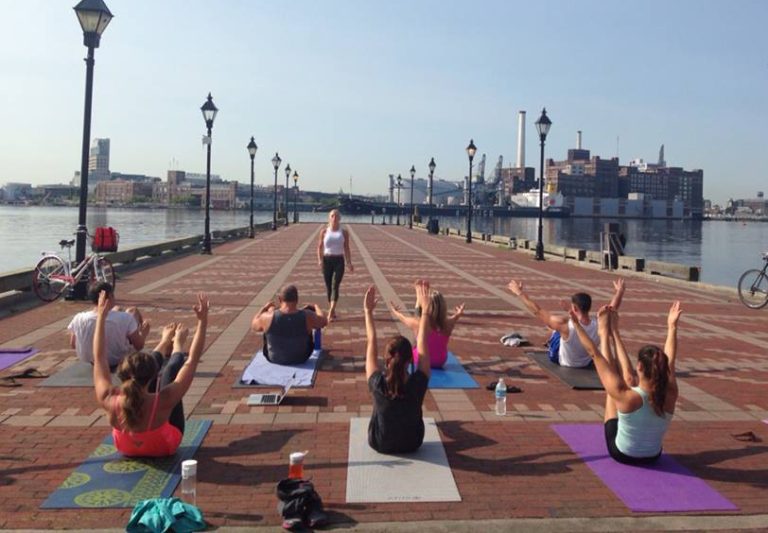Legislative Session Overview
Maryland’s Legislative Session adjourned early on March 18th for the first time since the Civil War due to the COVID-19 pandemic. With a shorter session and the need for emergency legislation to address this growing public health crisis, our legislators did not have time to pass too many other bills.
Below are updates on what happened to our two priority bills, the Plastic Bag Reduction Act and the Environmental Accountability and Transparency Act, as well as some highlights from the broader environmental community.
Plastic Bag Reduction Act (HB209/SB313) – Did not pass
This bill started off as the Plastics and Packaging Reduction Act (PPRA). Throughout the course of the legislative session, it was amended several times and renamed the Plastic Bag Reduction Act (PBRA).
The PBRA would have banned plastic bags at most retailers. Unlike the original bill, the amended version eliminated the fee on paper bags and removed creation of a working group to study and make recommendations regarding the reduction of single-use plastic products.
The PBRA passed the House and was voted out of the Senate Finance Committee. With a few more weeks, it may have passed out of both chambers. This is the furthest that plastic bag ban legislation has ever moved in Annapolis, and this issue will be back! .
This bill generated some important conversations about unintended consequences and the importance of drafting legislation through an equity lens. Food access and equity advocates raised concerns that paper bag fees would disparately impact Marylanders experiencing poverty, particularly those who rely on the Supplemental Nutrition Assistance Program (SNAP) or the Women, Infants, and Children (WIC) assistance program to purchase food. We share these concerns and will continue to advocate for equitable solutions in the 2021 legislative session.
Environmental Accountability and Transparency Act (HB614/SB460) – Did not pass
This transparency bill would have established an Environment & Natural Resources Ombudsman within the Attorney General’s office to assist residents with pollution complaints and created a website with information regarding pollution complaints, inspections of facilities, enforcement actions, and information on the status of facility permits.
On a positive note, the bill passed the Senate with a bipartisan vote, but unfortunately did not move through the House in time. We look forward to advancing it during the next legislative session.
So What Did Pass?
While these two priority bills did not pass, the General Assembly passed several bills that are important victories for Maryland’s environment:
- Ban on Chlorpyrifos (HB229/SB300) – Legislators approved a ban on this harmful pesticide that has been linked to brain damage in children.
- Oyster Veto Override (HB720-19/SB830-19) – Legislators overrode Governor Hogan’s veto of a 2019 bill to create an oyster fisheries management program. They also passed a corrective bill (HB911/SB808) to fix the dates for the program due to implementation delays caused by the veto.
- Local Government Resilience Authorities (HB539/SB457) – This bill gives local governments bonding authority for climate resiliency projects.
- Bay Restoration Fund – Uses (HB78/SB172) – This bill allows the Bay Restoration Fund to be used for climate resiliency and flood control purposes.
All in all, legislators passed over 650 bills in the shortened session. The Baltimore Sun put together a list of other highlights, from education funding to housing discrimination reform.



